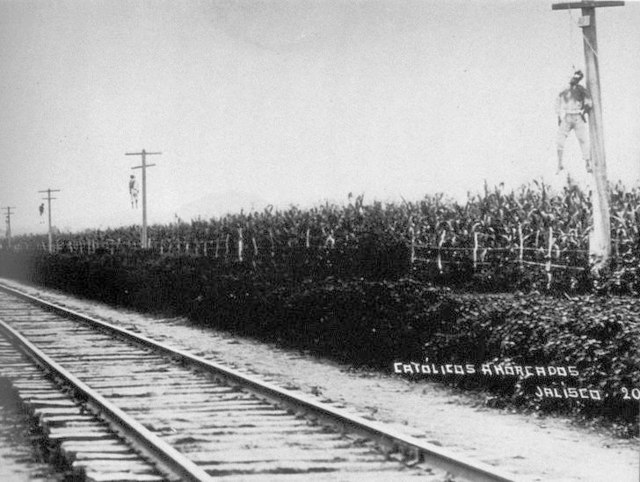A death squad is an armed group whose primary activity is carrying out extrajudicial killings, massacres, or enforced disappearances as part of political repression, genocide, ethnic cleansing, or revolutionary terror. Except in rare cases in which they are formed by an insurgency, domestic or foreign governments actively participate in, support, or ignore the death squad's activities. Death squads are distinct from assassination from their permanent organization and the larger number of victims who may not be prominent individuals. Other violence, such as rape, torture, arson, or bombings may be carried out alongside murders. They may comprise a secret police force, paramilitary militia groups, government soldiers, policemen, or combinations thereof. They may also be organized as vigilantes, bounty hunters, mercenaries, or contract killers. When death squads are not controlled by the state, they may consist of insurgent forces or organized crime, such as the ones used by cartels.

Italian soldiers shooting Slovenian hostages. July 31, 1942
Cristero rebels publicly hanged on telegraph poles in Jalisco, Mexico. The bodies often remained on the poles until the pueblo or town renounced public religious practice.
A billboard serving as a reminder of one of many massacres that occurred during the civil war
Esquadrão da Morte
An extrajudicial killing is the deliberate killing of a person without the lawful authority granted by a judicial proceeding. It typically refers to government authorities, whether lawfully or unlawfully, targeting specific people for death, which in authoritarian regimes often involves political, trade union, dissident, religious and social figures. The term is typically used in situations that imply the human rights of the victims have been violated; deaths caused by legal police actions or legal warfighting on a battlefield are generally not included, even though military and police forces are often used for killings seen by critics as illegitimate. The label "extrajudicial killing" has also been applied to organized, lethal enforcement of extralegal social norms by non-government actors, including lynchings and honor killings.
This painting, The Third of May 1808 by Francisco Goya, depicts the summary execution of Spaniards by French forces after the Dos de Mayo Uprising in Madrid.
Brazilian politician Marielle Franco had been an outspoken critic of extrajudicial killings. She was assassinated in March 2018.
Protest against the Philippine war on drugs in front of the Philippine Consulate General in New York City, October 2016
Demonstration in Warsaw, reminding about the disappearances of oppositionals in Belarus.








